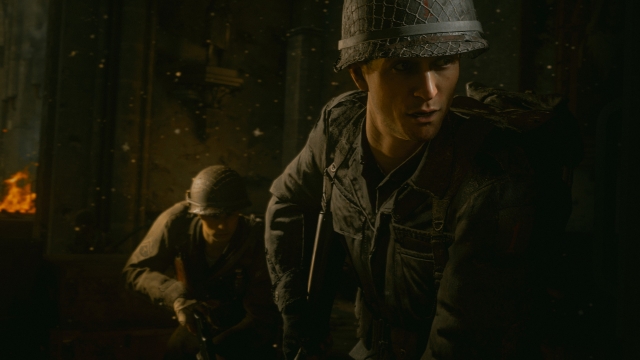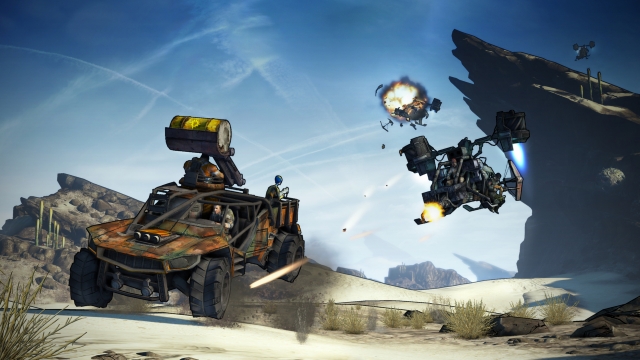
Action Games and Their Effect on the Brain
So as I’m sure many of you have heard by this point, a recent study was released out of the University of Montreal in Canada, focusing on the link between gaming and the mind. It analysed the effects that certain games can have on players, such as FPSs and puzzle platformers. These two genres were the main focus of the study when it was conducted, with the results being interesting, to say the least.
Instead of putting things into my own words, here’s a quote discussing the findings from the Montreal CTV News website and the News AU website:
"Video games have been shown to benefit certain cognitive systems in the brain, mainly related to visual attention and short-term memory," [said Lead Scientist Greg West]. "But there is also behavioral evidence that there might be a cost to that, in terms of the impact on the hippocampus.”
Greg then went on to say:
“That’s why we decided to do a full neuro-imaging study, scanning the brains of habitual players of action video games and comparing them to non-players, and what we saw was less grey matter in the hippocampus of habitual players. We then followed that up with two longitudinal studies to establish causality, and we found that it was indeed the gaming that led to changes in the brain.”
Now if you’re someone like me, this news came as quite the shocker. As someone who’s played action games for most of his life, I was hit with a significant wave of emotion that I’m sure others felt as well. After the initial wave though, I was curious to know how the tests were put together.
Research was conducted with the involvement of 100 participants (51 men and 49 women). The volunteers were then asked to play 90 hours of action games such as Call of Duty and Borderlands (Note: The 90 hours took place in an unspecified amount of lapsed time. Nothing has been released to suggest whether it was over the course of days, weeks or months). Results showed after the 90 hours had elapsed, there was a smaller amount of gray matter in the brains of players, versus non-players. On a more positive note, however, participants that played platformers and puzzle games saw an increase in grey matter instead.
Obviously there are things that shouldn’t be taken for granted with the research being presented as is. That being said, that doesn’t mean that there isn’t a problem that needs addressing. I think I can safely say that the brain works in mysterious ways, and is something we should be wary of at all times. This study may or may not hold merit, but just remember to stay cautious.







COMMENTS
Sikopathic - 07:52pm, 6th September 2017
This was an awesome and intriguing piece, will definitely be looking up this study further, especially being an avid psychology lover.